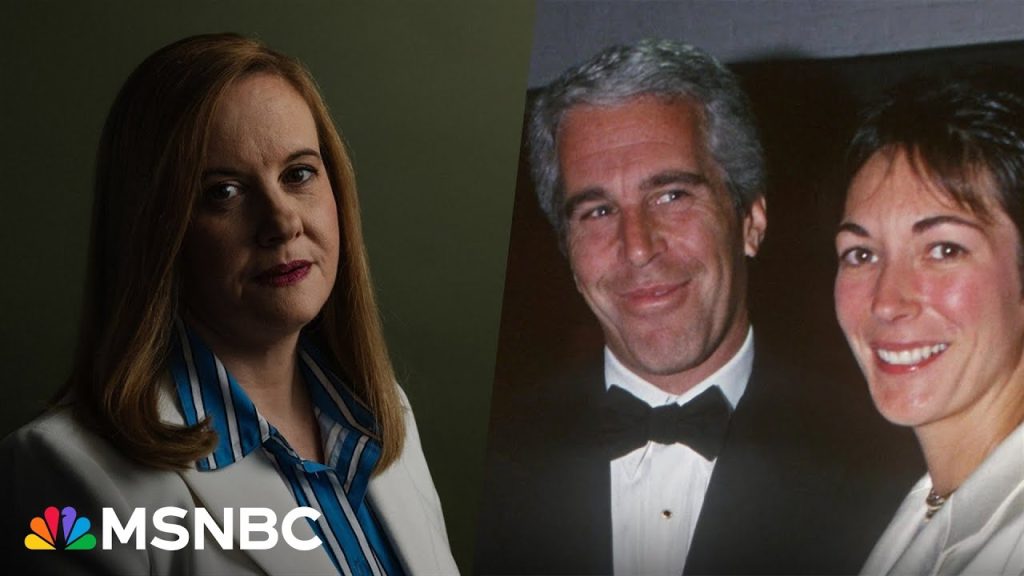In a powerful and poignant address, Epstein survivor Liz Stein has emerged as a leading voice in the fight against sex trafficking, challenging conventional perceptions of this persistent societal issue. Speaking out on her experiences and advocating for survivors, Stein emphasized that understanding the reality of sex trafficking is paramount to effective advocacy and prevention.
Stein described the harrowing nature of her own experience, explaining that it wasn’t until the high-profile arrest of Jeffrey Epstein in 2019 that she realized she had been a victim of trafficking. Her story illustrates a fundamental misconception about sex trafficking: it does not always fit the dramatized narratives often shown in movies or media. “The courage is contagious,” Stein remarked, coupling her own story with the stories of other survivors, suggesting that open dialogue can empower others to come forward.
In discussing the complexities of sex trafficking, Stein noted that many people envision a picturesque image of victimization, such as the stereotypical scenario of a young girl abducted from a public place. Yet, according to her, this is often not the case. “It’s much more mundane looking than that,” she explained, highlighting that trafficking can occur within familiar settings, involving individuals who seem like ‘regular’ people. She stressed that this misunderstanding contributes to a societal failure to recognize victims when they do come forward.
Stein further elaborated on the dissonance between popular portrayals of trafficking and the actual experiences of victims. In her view, the dominant narratives can obscure the reality, leading to skepticism about survivors’ claims. “We often do not listen to the victims,” she stated, a call to action for society to engage with and listen to the firsthand accounts of those who have suffered from trafficking. Her comments resonate with broader discussions about the need to address and dismantle myths surrounding abuse and exploitation.
The fight against sex trafficking has gained increasing attention in recent years, particularly in the wake of high-profile cases like Epstein’s. Awareness campaigns have focused on educating the public about the signs of trafficking and encouraging individuals to recognize that it is not confined to extreme cases of abduction. Instead, traffickers often prey on vulnerabilities present in everyday life, making vigilance necessary in safeguarding potential victims.
As a survivor and advocate, Stein’s mission underscores the importance of education in combating trafficking. She believes that with increased understanding and awareness, society can better support survivors and prevent future victims from suffering similar fates. She reiterated that narratives surrounding trafficking need to evolve to reflect the diverse and often overlooked experiences of victims.
Stein’s powerful message is a clarion call for both empathy and action, urging not just personal introspection but also community engagement. “If people really understood what sex trafficking looked like, their perspectives might be different,” she noted, signaling a need for a collective re-evaluation of how society perceives and addresses this critical issue.
Ultimately, Liz Stein stands as a beacon of hope and resilience, inspiring others to find their voices in the seemingly overpowering darkness of trafficking. Her unwavering courage not only highlights the struggles faced by survivors but also serves as a reminder that awareness and empathy can create expansive change in the fight against this grievous violation of human rights.



